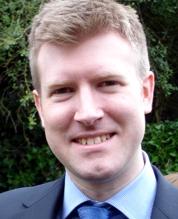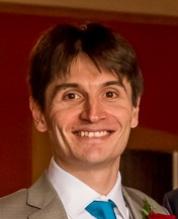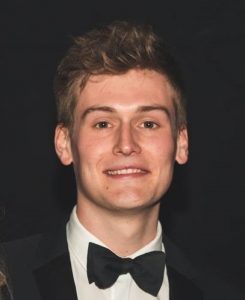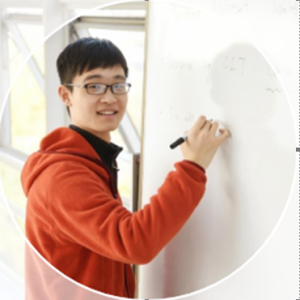About the Course
Engineering Science encompasses a vast range of subjects. The first two years of the undergraduate degree course provide an engaging and broad curriculum of study, with the opportunity to specialise in your final two years.
The Engineering course at Oxford is of four years’ duration. The first and second years give a broad base in Mathematics and some of the main branches of Engineering Science, namely Mechanical, Electrical, Information, Control and Civil Engineering, as well as Materials and Energy Systems. In the third year, the Engineering Science degree separates into Biomedical, Chemical and Process, Civil and Offshore, Electrical and Opto-electronic, Information, Solid Materials and Mechanics and Thermofluids and Turbomachinery options. There is also the possibility of selecting the Engineering, Entrepreneurship, and Management route, including tuition from the Saïd Business School. The fourth year of the course is entirely specialised, and you choose from a wide range of subjects to customise your degree.
Practical work in the first two years comprises several “labs”, designed to develop practical skills and to illustrate key aspects of the lecture courses. It also includes open-ended “design-build-test” projects, giving you more freedom to explore the nature of Engineering. The second year culminates with a series of “coursework modules” where you choose from a wide range of subjects and explore them in detail for a whole week at a time. In the third year of the course, you undertake a group design project, co-operating in a group of 4–6 students to look at all aspects of a realistic Engineering design project. As an example, Prof. Morris usually runs a 3rd year project that involves the design of an imaging and manufacturing system that could be used to fabricate nanotechnology with light and Dr Das participates in the 3rd year project that is in collaboration with CERN. In the final year, you will engage in an even more demanding, but deeply interesting, individual research project undertaken in one of the Department’s research groups. This is an important component of the 4-year course as it counts for 50% of the final year.
Compared with most Engineering courses in the country, you will find that the number of timetabled lectures is rather small. Do not be deceived by this! A key feature of Oxford education is the demand on the students to prepare work by themselves in their own time. You are aided in this task by College tutorials, which run in the first two years of the course. These are normally held at least twice a week in small groups of two or three students, or even one student at a time when this is appropriate.
Tutorials have three main roles. The obvious one is to check that you are tackling the problem sheets handed out by lecturers in the Department, but if you experience difficulties with the problem sheets then the tutorials can act as specific remedial sessions. Thirdly, tutorials also act as a stimulant to encourage you to think more widely about your subject.
Most of your tutorials will be taken by one of the Engineering tutors at Jesus College, but they may also be supplemented by experts from outside the College when necessary. In the third and fourth years of the course, when the subjects become more specialised, the Department organises problems classes and tutorials in place of College tutorials to ensure you are taught by subject specialists.
There are University examinations at the end of each year. In addition, colleges maintain a more even pressure by setting their own internal examinations called “Collections”. Be assured that success in Engineering comes from a steady and sustained effort throughout the course: last minute cramming can never substitute for this!
Frequently Asked Questions
Does it make any difference if I apply for straight Engineering Science or one of the branches of Engineering?
At Jesus College we consider all Engineering applications together and make a fixed total number of offers. The first two years are common to all courses and you are free to choose the options you would prefer in the third and fourth years.
What about sponsorship?
We are always pleased for candidates to apply for industrial sponsorship, or to consider requests to take a year out between school and university for any other sound reason. However, a consequence of our operating with a small quota is that we must know the year for which you are applying at the time of the interview. This poses very little problem in practice, because we find that candidates who are offered a place at Jesus College nearly always obtain some sponsorship if they try, and if you do not obtain sponsorship at the first attempt we may be able to help with further suggestions.






